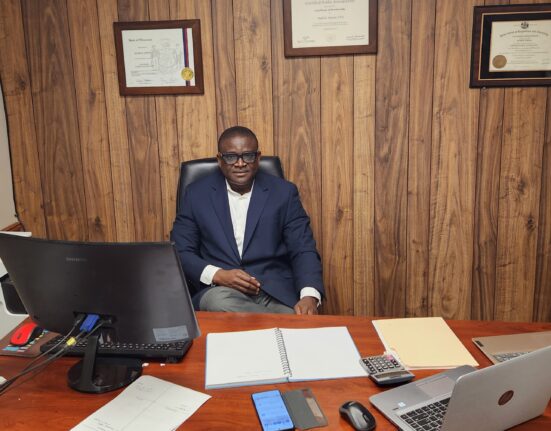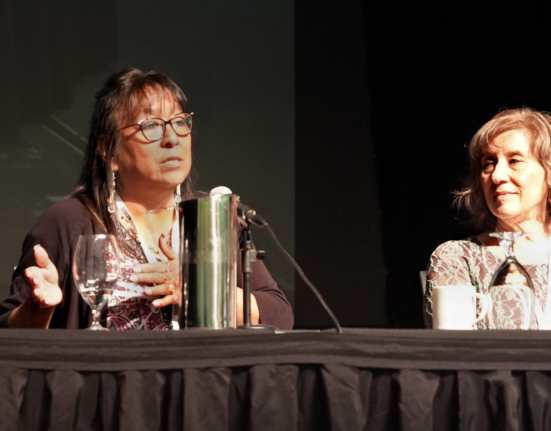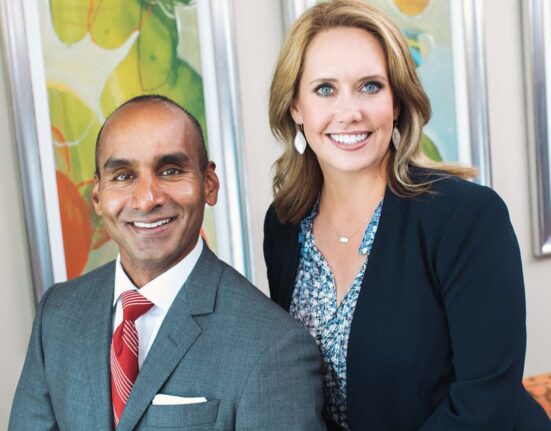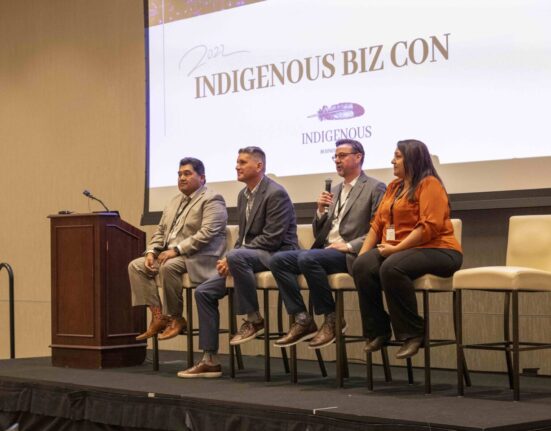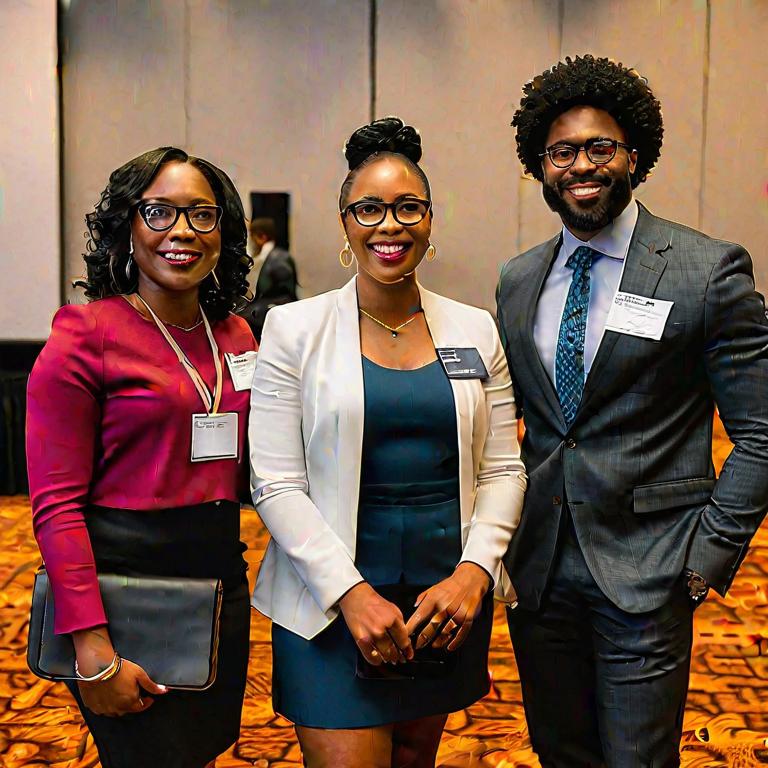
“When we think about professional development, traditionally, we think about tuition reimbursement,” says Mark Richardson, owner of career and talent consultancy Unfinished Business. “That’s one version of it. But more and more common is having someone pick up a skill on a new piece of software, or attend conferences and conventions.”
Richardson says employees should think about professional development not just to get better at their current job, but prepare for the next one.
“You sort of reverse engineer it. You go backwards from where you want to be,” he says. “When it comes to career path planning, what do you want your role to be? Not what is your job currently, but what do you want your job to be in the future? And if you need training, if you need upskilling, having the employer provide that and pay for that is a big deal.”
And don’t be afraid to take it upon yourself to figure out what training and development you need.
“Once you have a feel for where you want to be, and what skills are attached to that role, source those, search those, find out the latest in credentials, find out the latest pieces of software that you would need to learn,” Richardson says. “And then that employee can go to their boss and say, ‘This is where I see myself going in the company, and these are the things that I’m going to need to get there.’”
Which leads to Richardson’s advice to the employer: be open to the ask.
“An old school supervisor (might say), ‘Why would I invest in that employee and they pick up all the skills, and then they go somewhere else? Why would I let my employees get smarter and then leave?’” Richardson notes. “The alternative is having an employee either not get smarter and stay with your company, or leave your company because you’re not willing to invest in them.”
Willingness to invest in professional development is one way to keep up with the trend in talent management.
“Companies are spending more time thinking about it, spending more budget on it,” Richardson says. “And they’re prepared to talk about it, generally speaking, when they’re interviewing folks now, because the question keeps coming up.”
Speaking of which – prospective employees should try to gauge a company’s commitment to professional development during the interview process, especially in the later stages.
“If you’re just working with HR folks in a screening interview, they may not know specifically what is done for a department,” Richardson says. “But when you get to the hiring manager, and you start interviewing with the person who would be your boss, you can and should have an expectation that they will know the answer to that question.”



